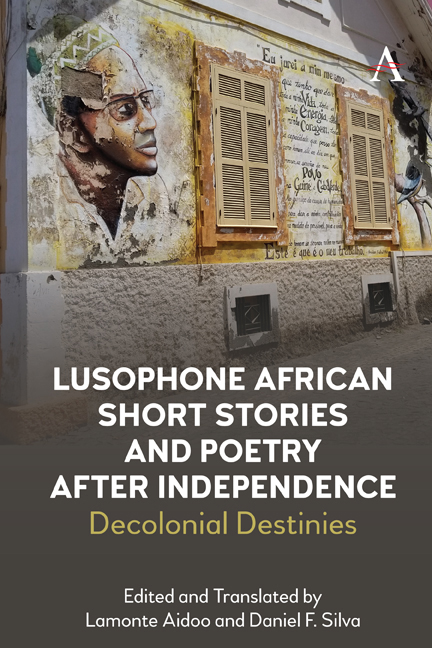Chapter 18 - Paulina Chiziane
Published online by Cambridge University Press: 23 February 2022
Summary
Introduction
Pauline Chiziane, one of Mozambique's most acclaimed writers, was born on June 4, 1955, in Manjacaze in the Gaza province of Mozambique. During her childhood, her family moved to Maputo (then Lourenço Marques). She was raised speaking Chopi and Ronga, and learning Portuguese in school. After independence, she studied linguistics at Eduardo Mondlane University, but withdrew from her studies before completing her degree. She was involved in the struggle for independence through the Frente de Libertação de Moçambique (Mozambique Liberation Front, FRELIMO), but grew disenchanted with the ruling party after independence due to its ideological alignment with, and reproduction of, colonial patriarchal structures. This stance against such structures and their relationship to local patriarchal practices such as polygamy in the formation of postindependence has informed much of her oeuvre.
Chiziane began her literary career with the publication of several short stories in Mozambican newspapers from as early as 1984. She is considered to be the first Mozambican woman to publish a novel, Balada de amor ao vento (Love Song to the Wind) in 1990. Literally scholar Hilary Owen succinctly describes the novel as an “autoethnographic work explor[ing] the patriarchal negotiations that enabled Christian monogamy and Tsonga patriarchal polygamy to cooperate under colonialism at women's expense” (41). The Tsonga ethnic group, from which Chiziane hails, traverses southern Mozambique, South Africa, Zimbabwe, and Swaziland. Focusing on Tsonga gender roles throughout, Chiziane's works critique the possibilities of postcolonial sovereignty after the imperial partitions of Africa as well as the limitations of the state in envisioning and extending freedom against late capitalism and the legacies of empire. Her third novel, O Sétimo Juramento (The Seventh Oath, 2000) further emphasizes this, as Owen argues: “Here the individualistic forces of neotraditionalism, global capitalism, and the patrilinear accumulation of wealth, combine to destroy all ethical negotiations of difference in the neoliberal order, requiring that questions of national community, kin relations, and ethnic identity be radically and collectively rethought” (41).
Her fourth novel, Niketch. Uma história de poligamia (Niketch. A Story of Polygamy, 2002) is arguably her most acclaimed, earning her the prestigious José Craveirinha Prize of Mozambican literature in 2003. The novel's central character and narrator, Rami, discovers that her husband of 20 years is a polygamist with four other wives of different national ethnicities in various regions of Mozambique.
- Type
- Chapter
- Information
- Lusophone African Short Stories and Poetry after IndependenceDecolonial Destinies, pp. 197 - 202Publisher: Anthem PressPrint publication year: 2021



